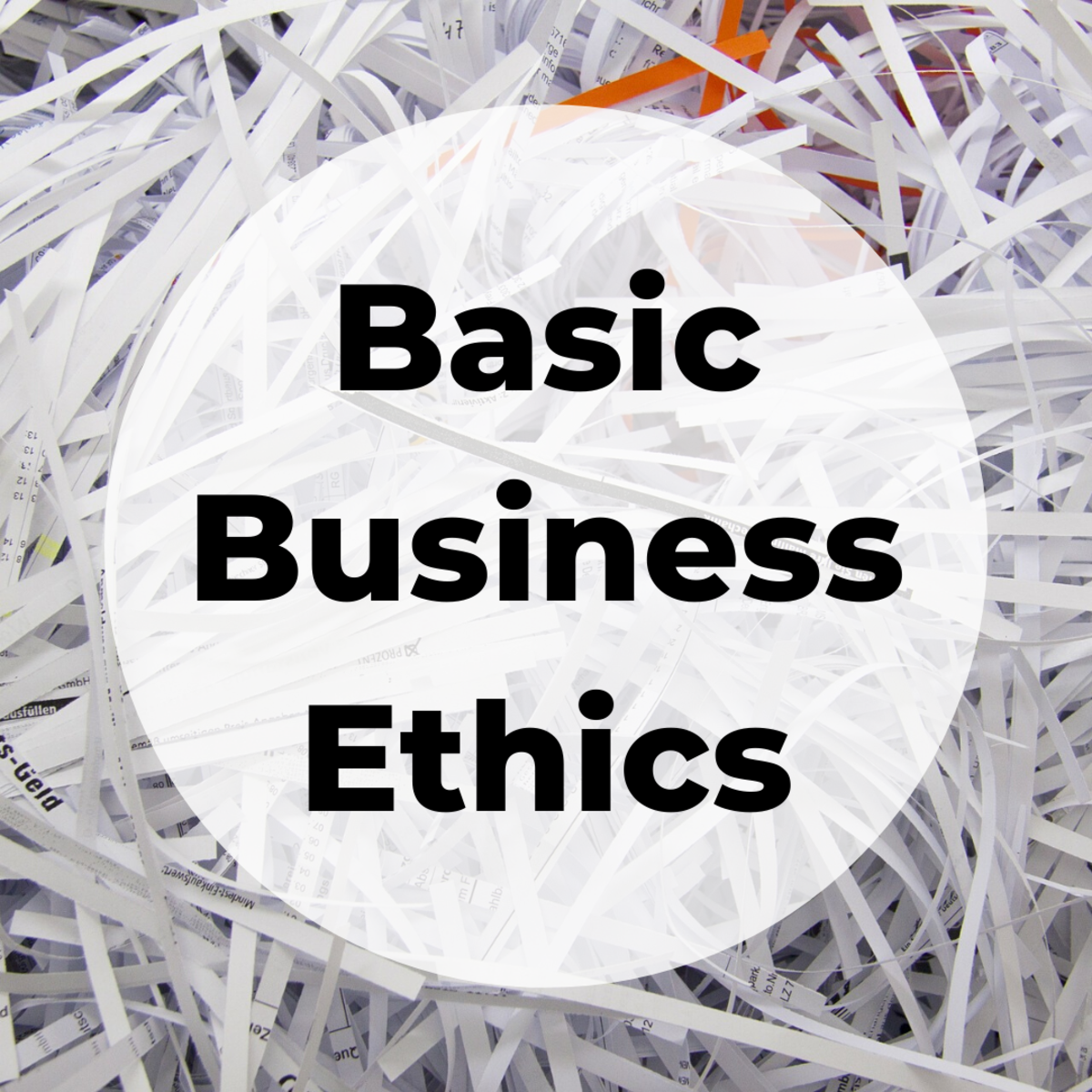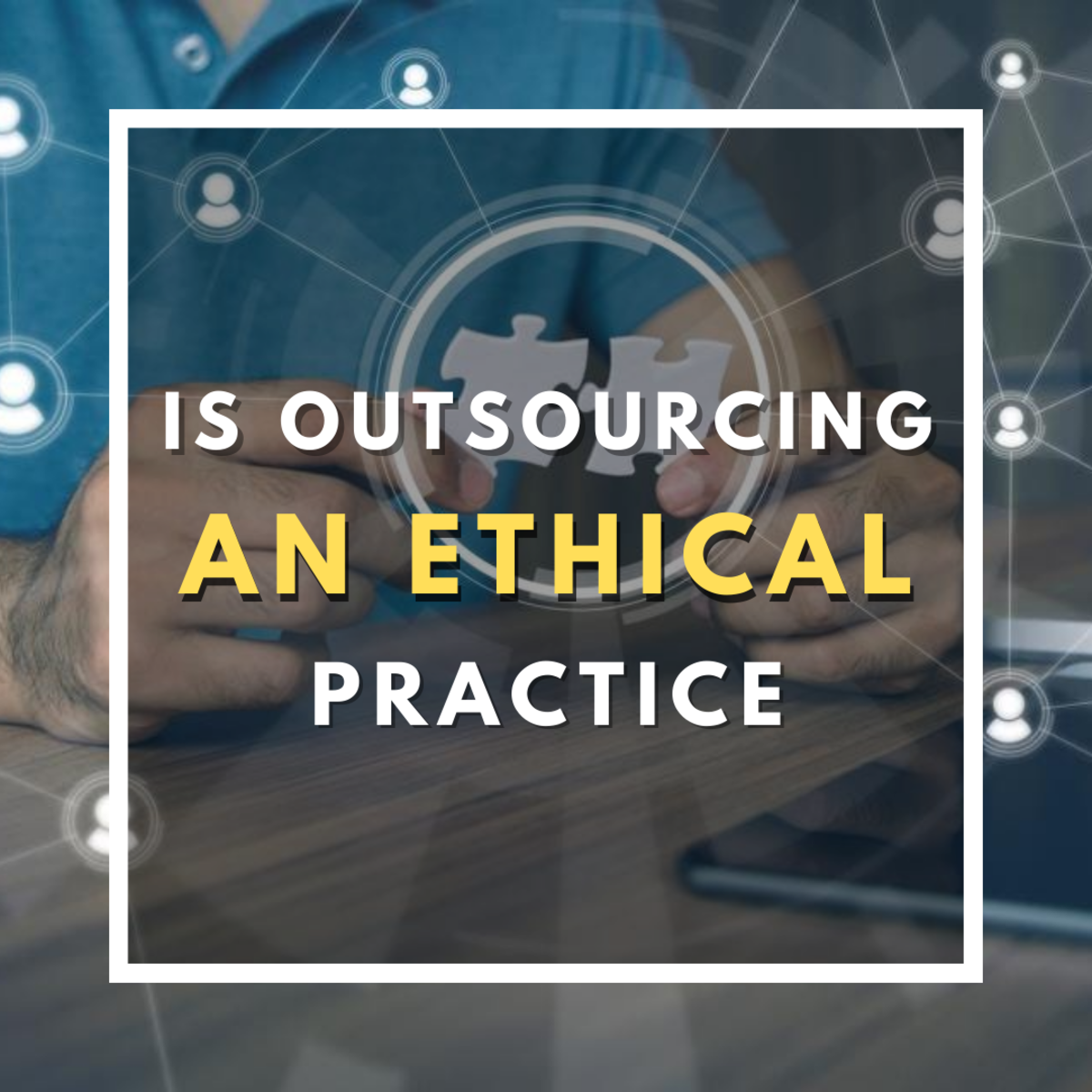How to Get a Job When You Are Pregnant

Are You Costing the Employer Too Much Money?
Interviewing successfully for a job when you are obviously pregnant is a hard thing to accomplish. You may not win the job of your dreams at the end of the discussion.
A new employee costs thousands of dollars to the employer for training, even if that worker has experience in the job. A breaking-in time and the building of a daily potential contribution through good momentum to peak efficiency and productivity on the job are also expected costs. Losing an employee to childbirth leave soon after the hiring can be too costly for some companies to consider.
However, such discrimination against the pregnant is not lawful and asking interview questions about pregnancy present or future, are illegal in America.

It is best to take a leave of 12 weeks after childbirth, because that is how long it takes on average for the bond between a healthy infant and a healthy mother to form and cement. This healthiness requires stable mental health as well as physical wellness.
to get an infant off to a good start in the world without an early-onset personality disorder or other mental illness stemming from improper bonding with mom because too short a time was given.
Twelve weeks is minimum for a mom and infant to bond properly among healthy mom and baby without the threat of personality disorders, adjustment disorder, and other mental conditions (Reference: Houk Institute, St. Louis MO, 1998 - 2017; and over 60 years' anthropological global research in the body of peer reviewed literature).
Many employers do not provide three months of childbirth leave; while in some countries, the mom and baby live alone together, served by the female members of the clan for 12 weeks.
Pregnant Workers Fairness Act
Four negatives when you are pregnant, due soon, and are hired:
- You will have to start over to build your potential productive contribution to the company and your career after you come back - if you do come back (some don't). There may be higher pressure to build quickly, if the company insurance paid for the deliver
- Your boss must pay someone else, like a temp worker - or pay overtime to other staff - to come in and do your job for you while you are gone> He feels that he undoubtedly pays twice. Yes, he needed someone to start with to cover your work, but he had a temp or someone working overtime and now he has you and them to pay for a few weeks after you return.
- The boss's insurance premiums will rise the more the employees file health and medical claims -- If he can avoid new "mouths to feed" he might. New dependents for employees increase insurance costs overall. Universal Health Insurance may aid this problem or it may lead to additional employers cancelling insurance coverage company-wide.
- Mothers tend to miss more time from work than healthy, single, childless women, because the kids get sick or they all have appointments.
SOLUTION: Some employers have day care, sick-child day care, and wellness clinics right there on site, so there is much less of a problem from such lost time,because the kids are right there. However, some of those bosses that do not have these benefits, and further, consider sick kids and lost time because of them unacceptable. That is illegal to discriminate with against a worker, but it still may occur.
Thus, the short answer is that hiring a pregnant woman in her 2nd or 3rd trimester may cost the company a lot of money that they are not guaranteed to get back through her productive work in the future.
However, if you can prove that you really are able to make them a substantial amount of money, then you stand a better chance. There are also other solutions.
Long Term Health Care Costs

For some women, peak efficiency and productivity do not happen during the last portion of pregnancy. Some expectant mothers need to go on partial or complete bed rest and this is becoming more common as the incidence of low-birth-weight babies continues to rise in America in the 21st century.
Not only are more babies being born with low birth weight (which signals other problems as well), but also with numerous allergies, autism, autism spectrum disorders, ADD/ADHD and related neurological disorders and learning disabilities, as well as other conditions. These all chronic conditions cost the employer more money long term in time lost from the job and increased insurance premiums.
Even if you and your relatives have never been sick a day in your lives, you cannot convince the potential employer that you and your child will remain healthy and he is not allowed legally to ask about any of this.
In summary, all of these situations mentioned above raise the burden not only on the national healthcare system, but also on the employer's portion of the Employee Health and Medical Insurance premiums paid. In short, they cost the employer more money than would a healthy single female or male under the age of 50 (when premiums jump dramatically, whether you are healthy or not).
All of this is one reason that women are sometimes offered lower wages than men for the same job and duties -- This is also not legal. That is why it is very wise to know what the job should be paying and to insist on receiving fair pay.
Become an Independent Contractor

Women that are pregnant may not even feel physically able to put up with the running around necessary in the interview processes or with the extra stress of interviewing. But others need and want to work. Some even work up the the day of delivery.
Women should not feel bad about not revealing pregnancy before they show. Personal health information is legally not the employers' business.
At the six-month point talk to the hiring employer about being a contractor and say "You'll get the best of two worlds. I'll be a contractor and you don't pay anything towards insurance and maternity leave. BUT if you like my work, hire me full-time after the baby is born." Many employers would love that option of no insurance premiums, no unemployment insurance, no workers compensation, no benefits. The hourly rate they pay you might be a little higher as well.
For insurance during that time, single mothers can benefit from their local counties' "healthy child and pregnancy" programs.

© 2008 Patty Inglish MS MPH








